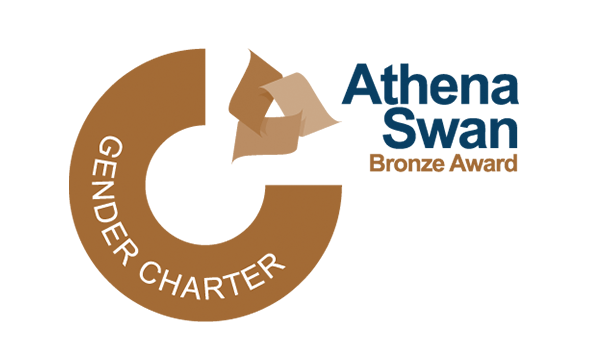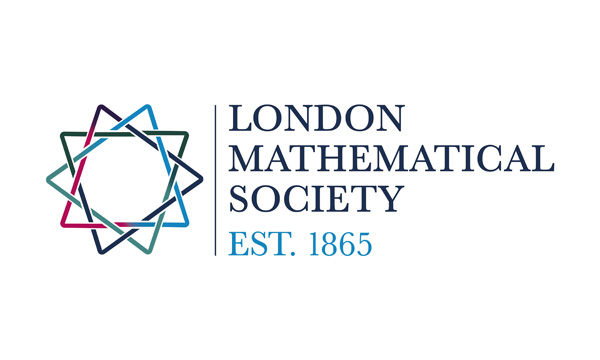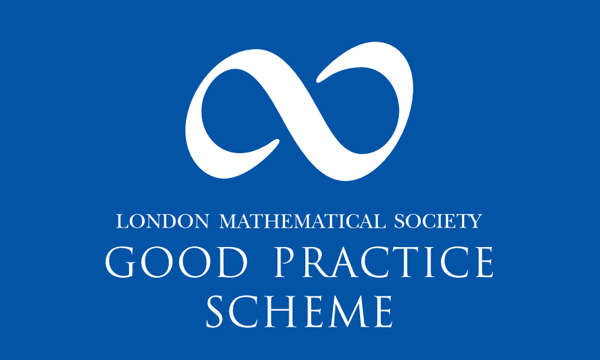Groups acting on trees and generalisations
Friday, 9th December 2022, 12:30pm – 17:00pm, University of Lincoln (hybrid). Local organiser: Simon Smith
Group actions and almost actions on trees and their generalisations play a significant role in the theory of finite and infinite groups. Recently, classical ideas of Bass-Serre and Tits have been re-examined and extended, leading to exciting new developments like the emerging `local-to-global' theory of groups acting and almost acting on trees. Many of these ideas have become important in other areas, for example, the theory of locally compact groups. This meeting will explore some of these new developments.
Speakers
All talks will be held in person and online. The room for in-person participants is MB2603, Minerva Building
The timetable is as follows, where all times are given in Greenwich Mean Time:
- 12:30-13:00: Arrival
- 13:10-14:10: Alejandra Garrido (Universidad Autónoma de Madrid and ICMAT, Spain), Detecting free factors from profinite completions
- 14:20-15:20: Naomi Andrew (University of Oxford), Actions on trees and automorphisms of groups
- 15:20-15:50: Tea and coffee
- 15:50-16:50: Waltraud Lederle (UCLouvain, Belgium), The minimal degree of a Cayley--Abels graph for Aut(T)
For people attending in person, travel information and maps are available and after the talks we will go for dinner.
To register for the event or to receive the talk links, please email the organiser Simon Smith (sismith@lincoln.ac.uk).
The FCG Research Group is supported by an LMS Joint Research Groups in the UK Scheme 3 grant. This meeting is also supported by the EPSRC. Limited funding is available for PhD students, allocated on a first come first served basis.
For UK-based mathematicians with caring duties, the LMS has a Caring Supplementary Grant scheme which allows participants of meetings like ours to apply for help covering caring costs.
Abstracts
- Alejandra Garrido (Universidad Autónoma de Madrid and ICMAT, Spain), Detecting free factors from profinite completions
If one is interested in finitely generated residually finite groups, it is natural to ask to what extent it is determined by its profinite completion. Perhaps the boldest question in this area is that attributed to Remeslennikov: "If G has the same profinite completion as a free group of finite rank, must G be isomorphic to that free group?" The answer to this still seems remote, given current knowledge, but some success has been found on variants of it, restricting the type of group G is allowed to be. Another natural variant of Remeslennikov's question is whether a free factor of a group G can be detected from its profinite completion: if G has a subgroup H, whose closure in the profinite completion of G is a profinite free factor, must H be a free factor of G? This question is still hard, with positive known answer only when G itself is a free group.
I will report on joint work with A. Jaikin in which we provide a new proof of the above positive answer and extend it to the case when G is virtually free. The methods may be extended to other classes of groups if some interesting questions are answered on their completed group algebras. - Naomi Andrew (University of Oxford), Actions on trees and automorphisms of groups
The automorphisms of a group do not vary particularly transparently with the group: for instance, changing a single integer in the presentation of a Baumslag--Solitar group can turn a finite outer automorphism group into one which is not even finitely generated. However, in nice enough situations, one can extract information about the outer automorphism group from an action on a tree. The challenge becomes ensuring you are in such a situation and interpreting the information you get.
I will discuss how to construct and analyse actions on trees in two related situations: finite generation of the outer automorphism of a free-by-cyclic group, and finiteness properties of certain centralisers in Out(F_n). Both results are joint with Armando Martino.
- Waltraud Lederle (UCLouvain, Belgium), The minimal degree of a Cayley--Abels graph for Aut(T)
We show that the automorphism group of a d-regular tree can not act vertex-transitively with compact, open vertex stabilizers on a connected graph of degree smaller than d (unless d = 1). In most cases, this is just a consequence of simplicity of the alternating group on d-1 letters. This gives the special case d=5, which is surprisingly tricky.
This is joint work with A. S. Árnadóttir and R. G. Möller.




